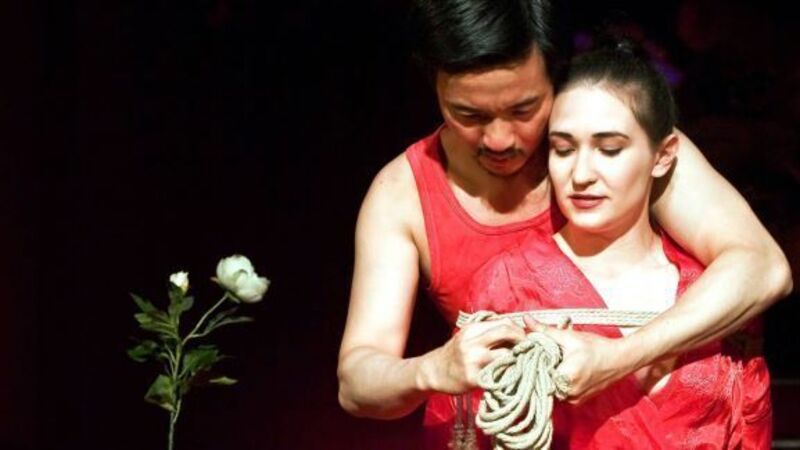Bound for the stage

PLAYWRIGHT Gary Duggan came to the attention of the Abbey theatre in 2006, when his breakthrough play, Monged, had a successful run at the Project Arts Centre. The Abbey invited the Dubliner to contribute to a series of short plays, 20: Love, in 2008, and a few months later he was commissioned to write a full-length piece. The result is Shibari, which opens tonight on the Abbey’s second stage, the Peacock.
“Structurally, the idea for Shibari was to have a cast of six and to have each individual character meet every other character only once in the play,” says Duggan. “So the play is a series of scenes between two people.”











